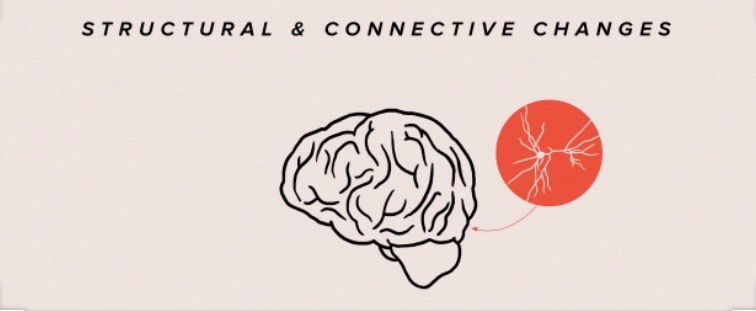What Depression Does To Your BRAIN
- Tarie Chinyamas
- Oct 7, 2020
- 2 min read
First up is brain inflammation.

Brain inflammation during depression is linked to the amount of time a person has been depressed. As a result, significant brain inflammation is more likely to be relevant in persistent depressive disorder.
Because brain inflammation can cause the cells of the brain to die, this can lead to a number of complications, including:
shrinkage (discussed above)
decreased function of neurotransmitters
reduced ability of the brain to change as the person ages (neuroplasticity)
Together these can lead to dysfunctions in:
brain development
learning
memory
mood
Next is Brain Shrinkage.

The latest research shows that the size of specific brain regions can decrease in people who experience depression. These parts of the brain have been found to
hippocampus
thalamus
amygdala
frontal
prefrontal cortices
Finally is structural and connective changes.

The effects of depression on the brain also can result in structural and connective changes.
These include:
Reduced functionality of the hippocampus.This can result in memory impairment.
Reduced functionality of the prefrontal cortex. This can result in preventing the person from getting things done (executive function) and affect their attention.
Reduced functionality of the amygdala.This can directly affect mood and emotional regulation.
!!!
Suicide prevention
If you think someone is at immediate risk of self-harm or hurting another person:
• Call 911 or your local emergency number.
• Stay with the person until help arrives.
• Remove any guns, knives, medications, or other things that may cause harm.
• Listen, but don’t judge, argue, threaten, or yell.
If you or someone you know is considering suicide, get help from a crisis or suicide prevention hotline. Try the National Suicide Prevention Lifeline at 800-273-8255.
!!!
This is all information that can be found on the internet quickly but I wanted to share it with you all here as I want this to be a safe space for us all, thank you for reading.
Tarie Speaks


Comments